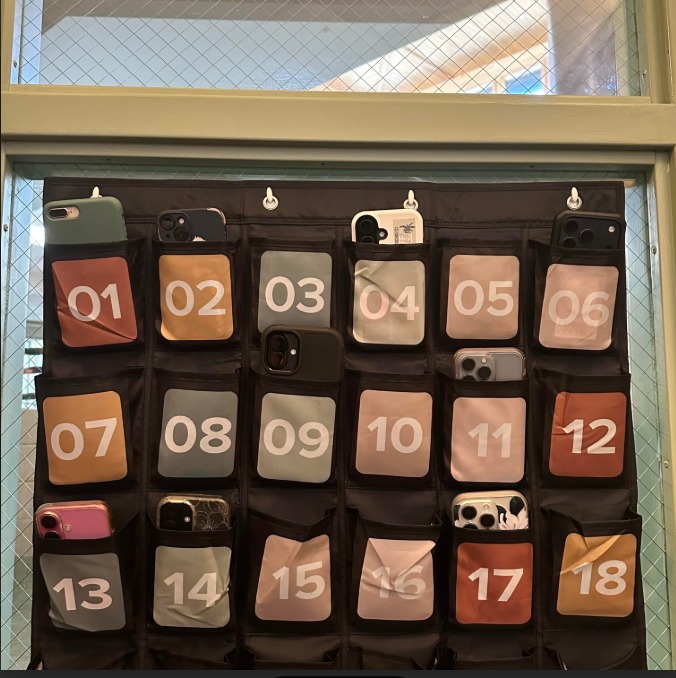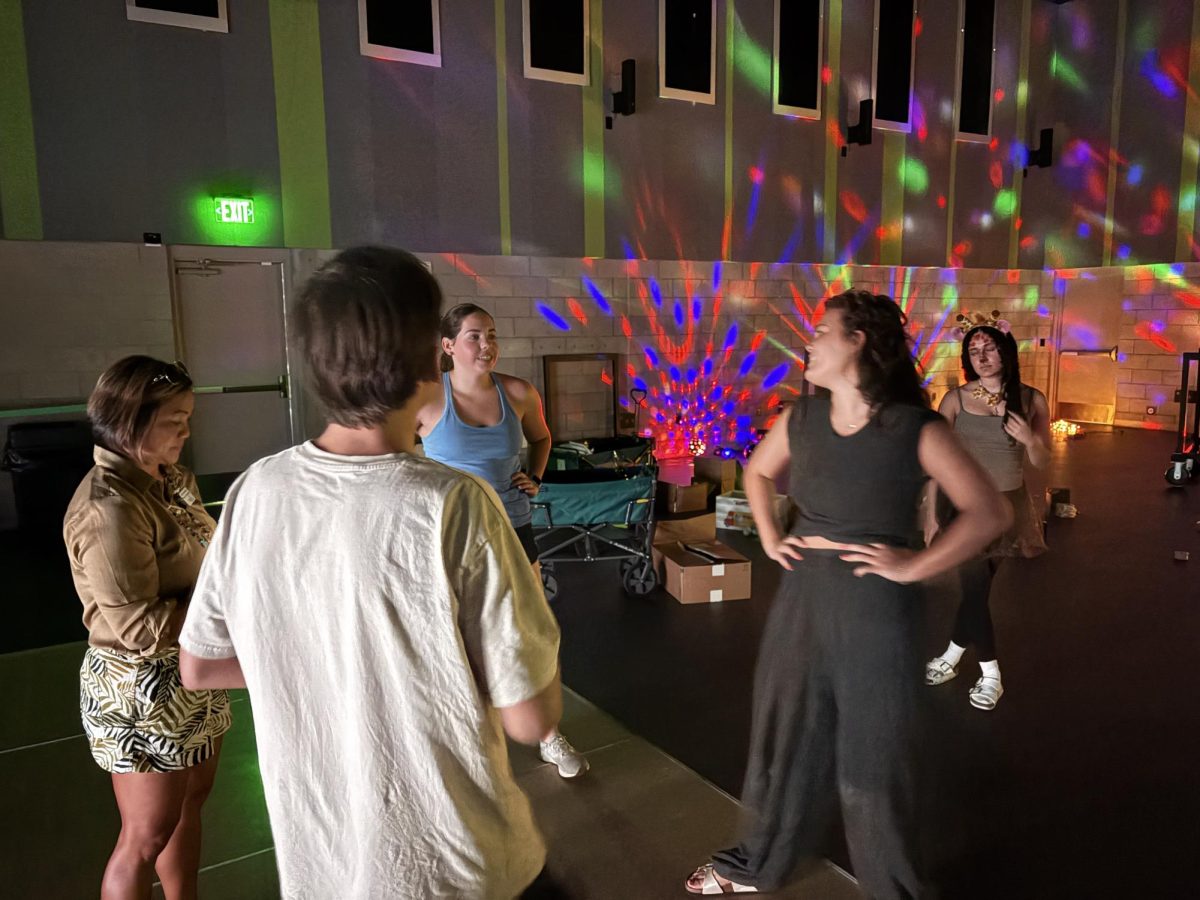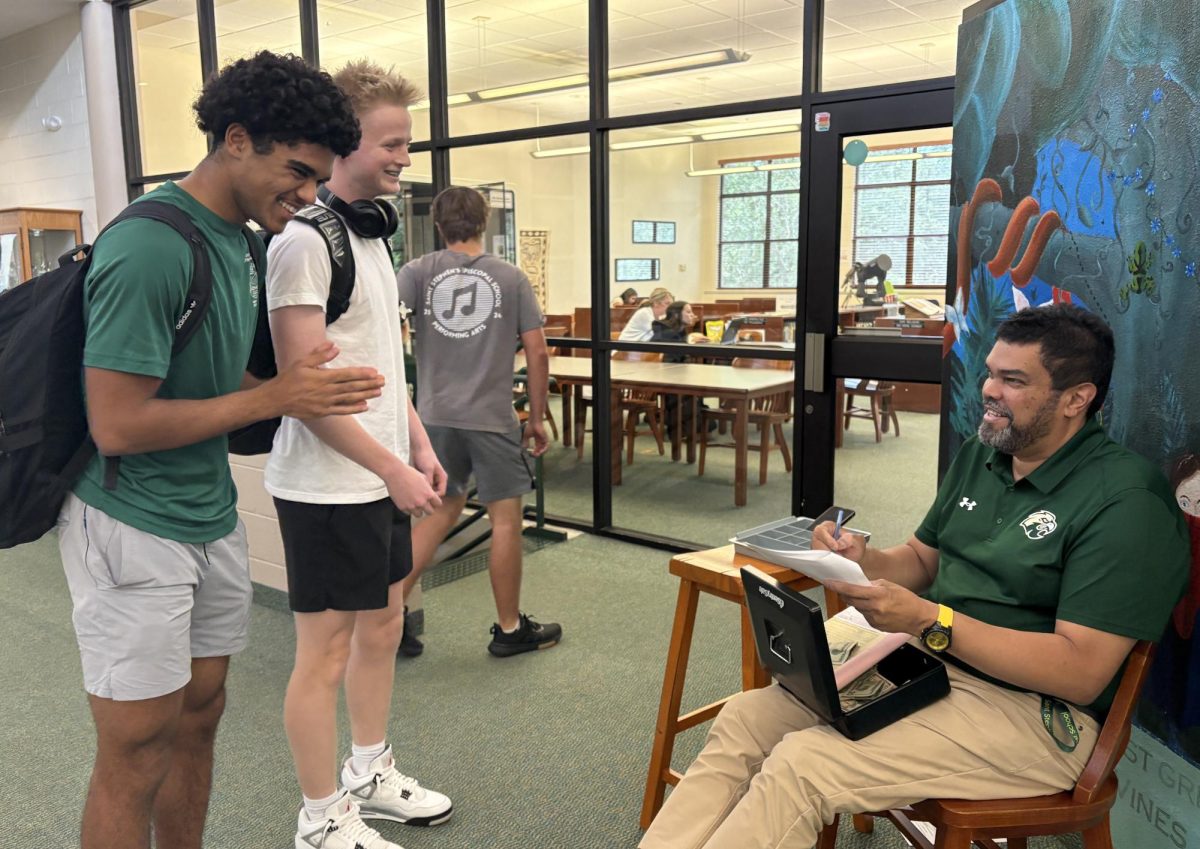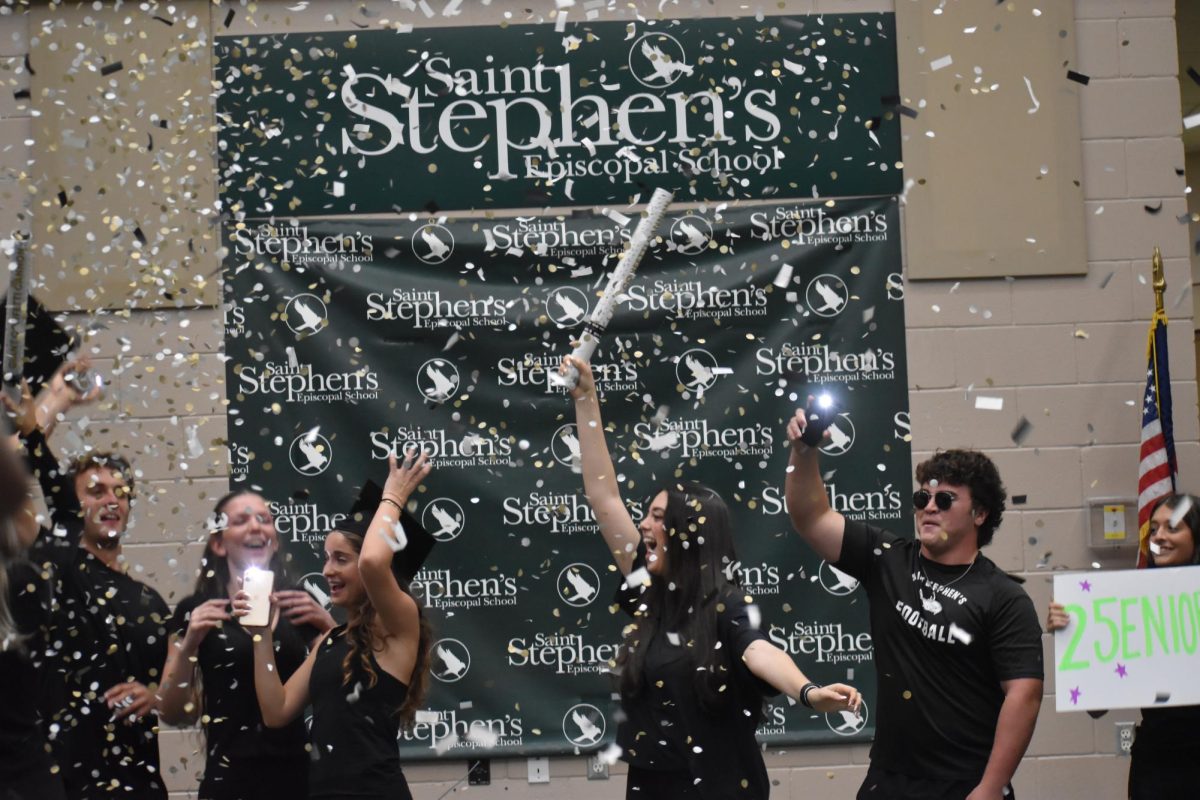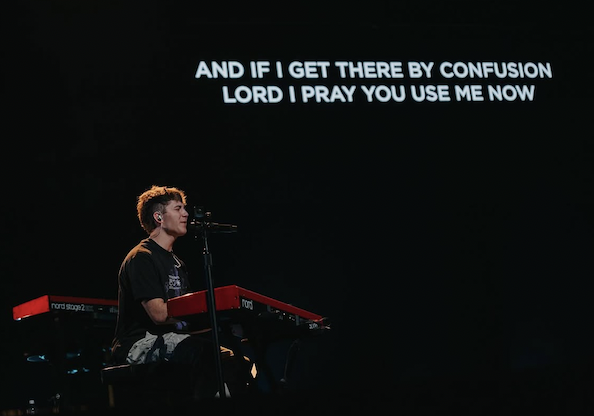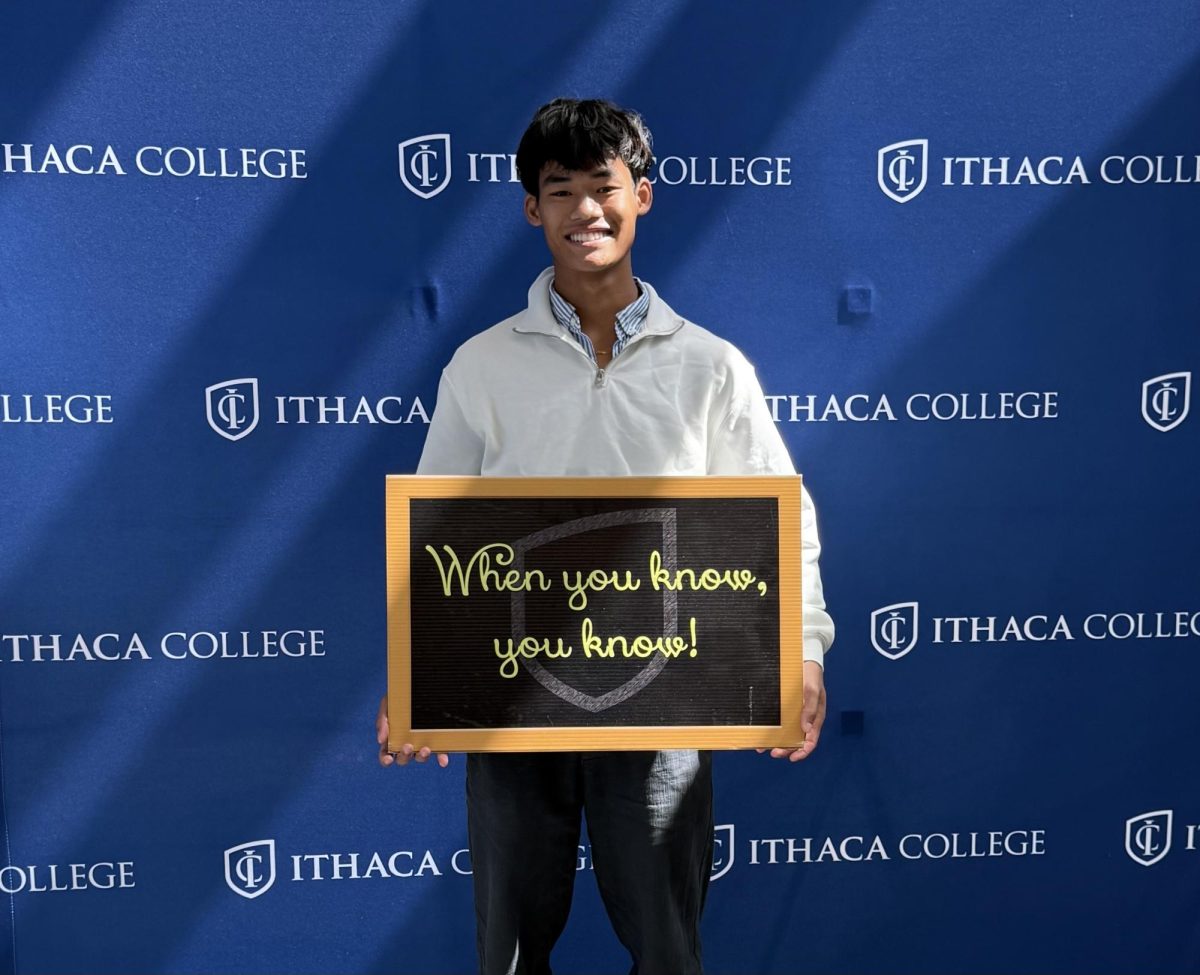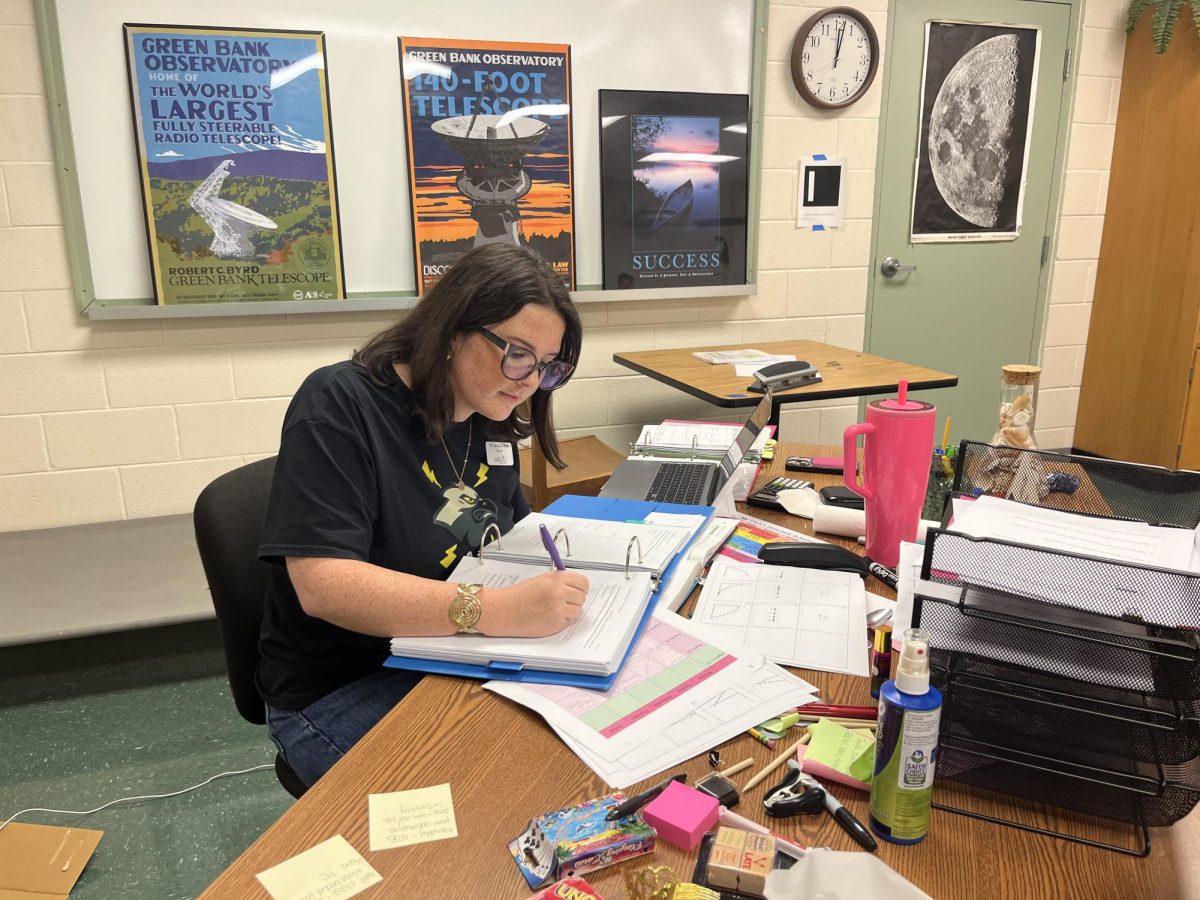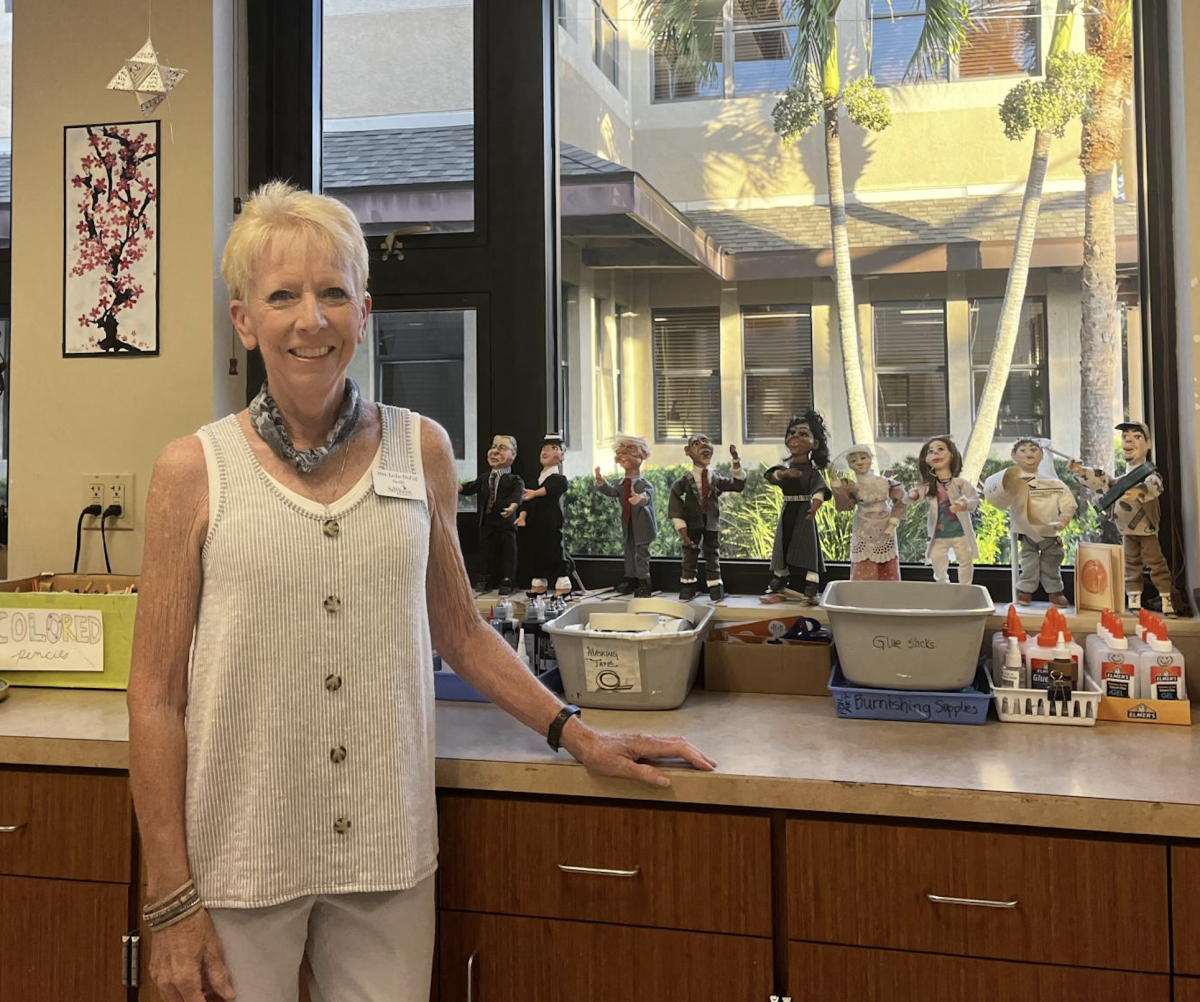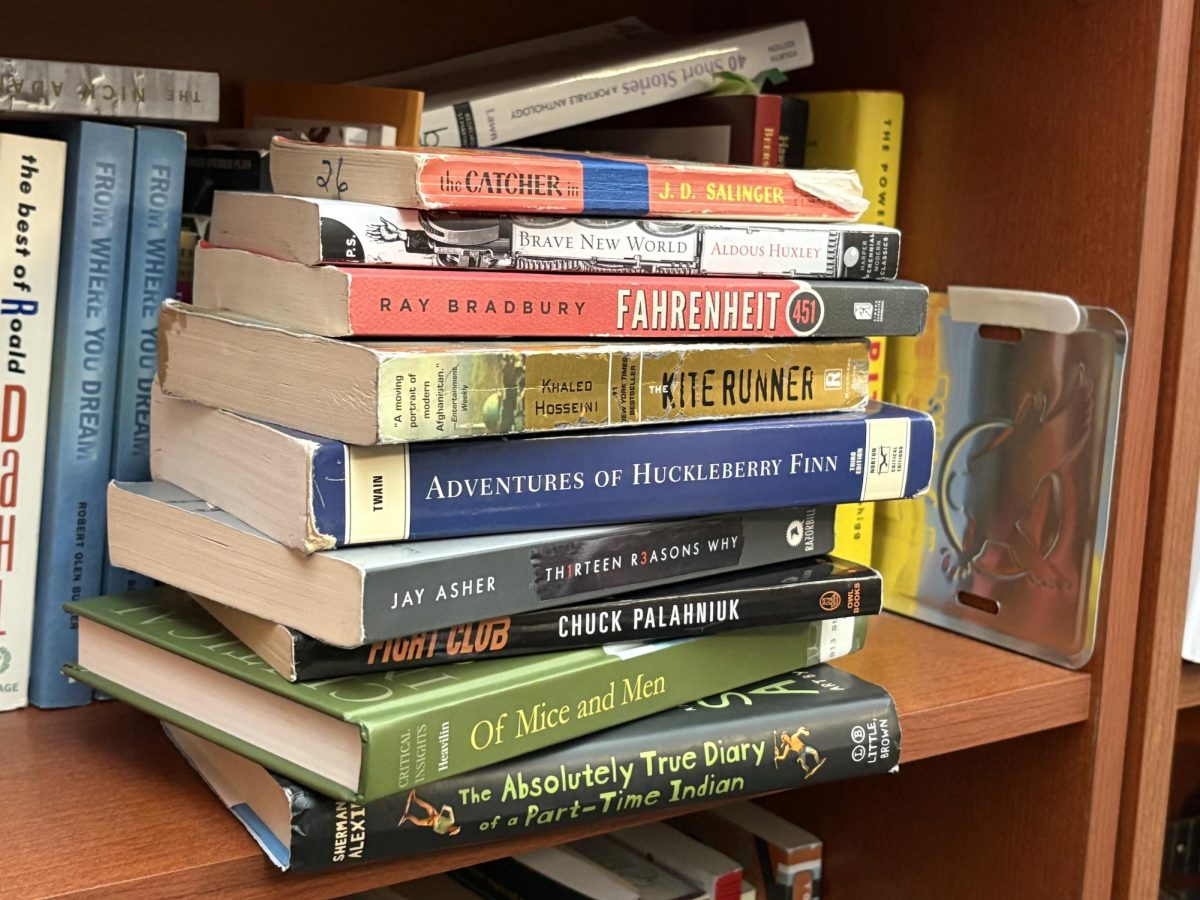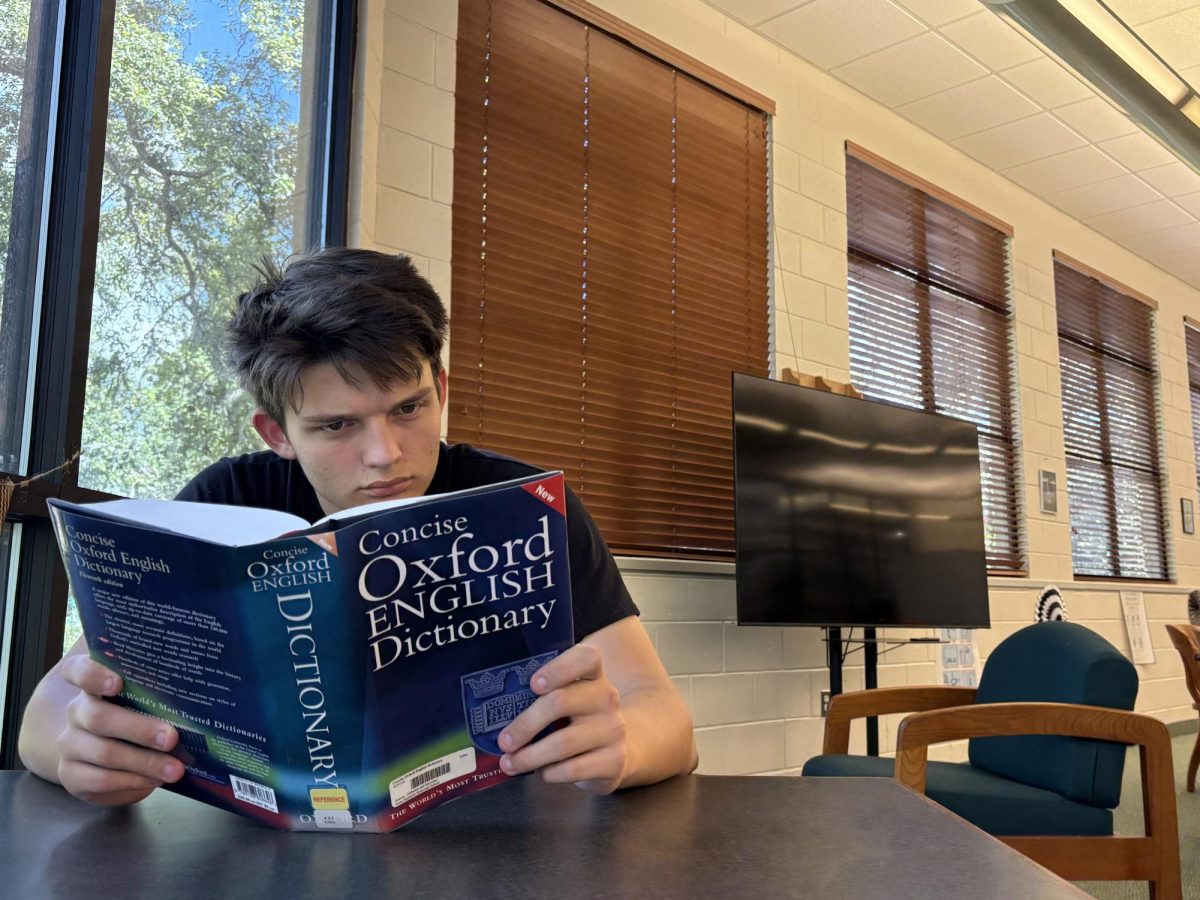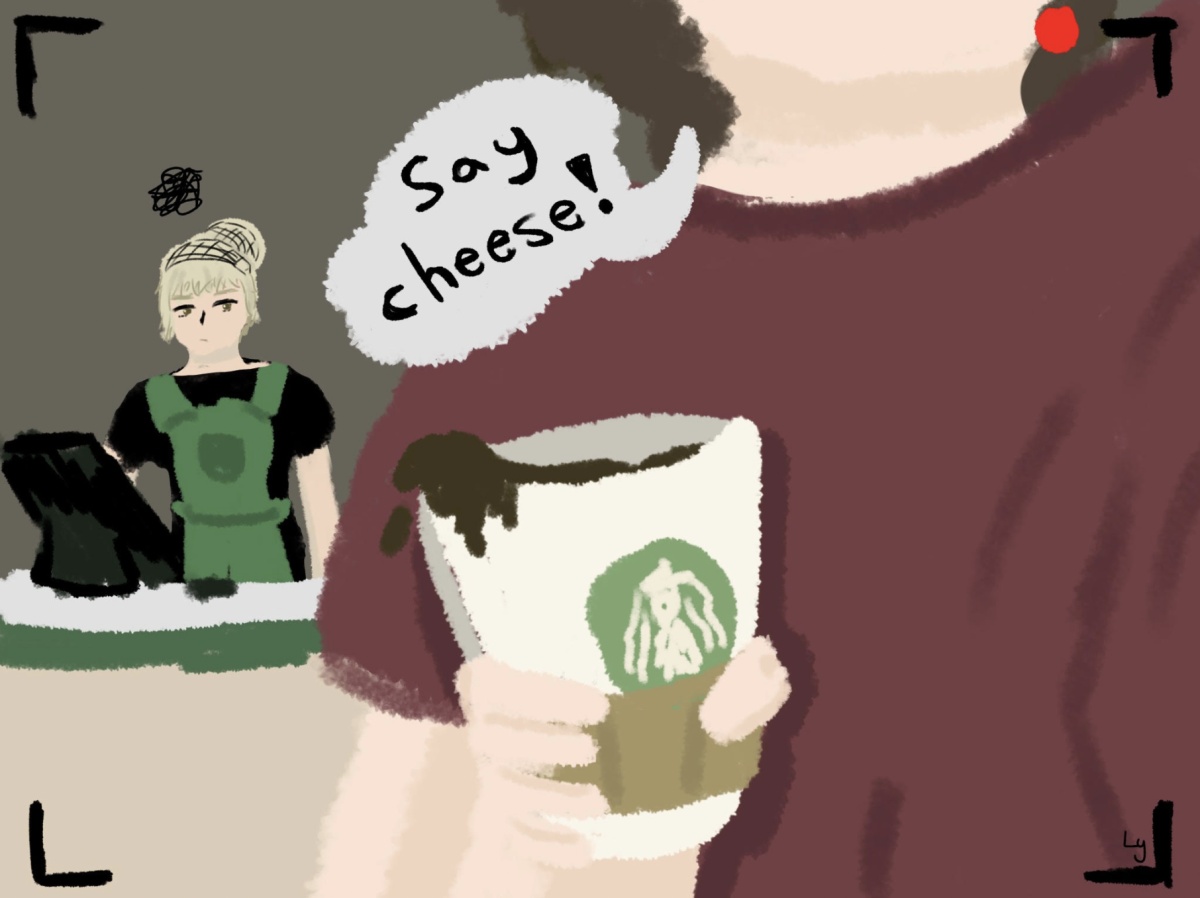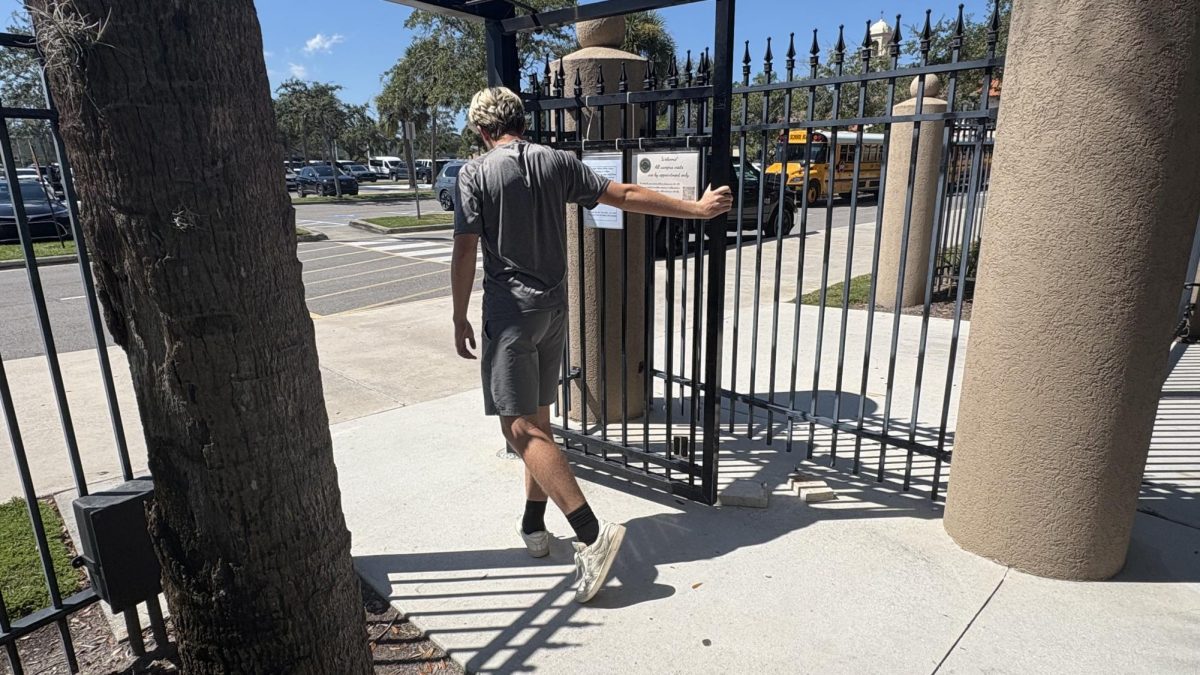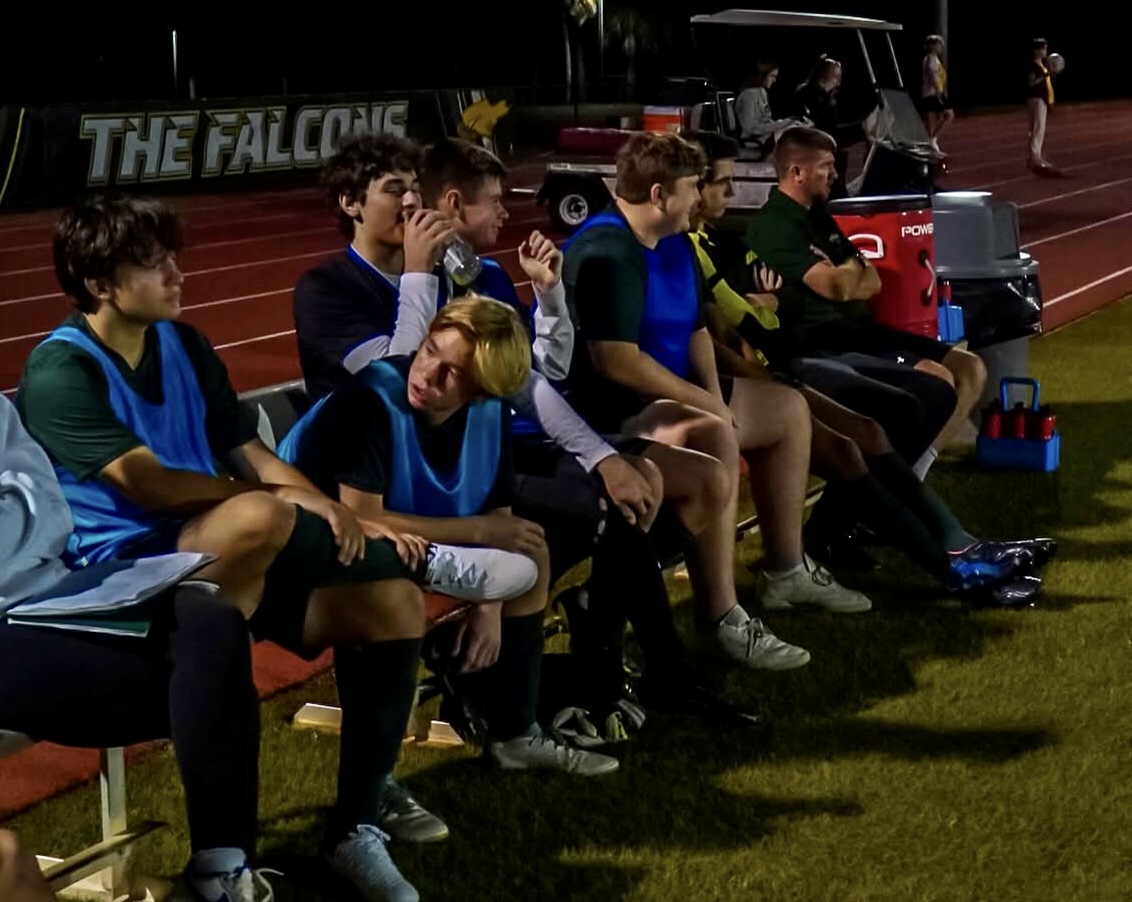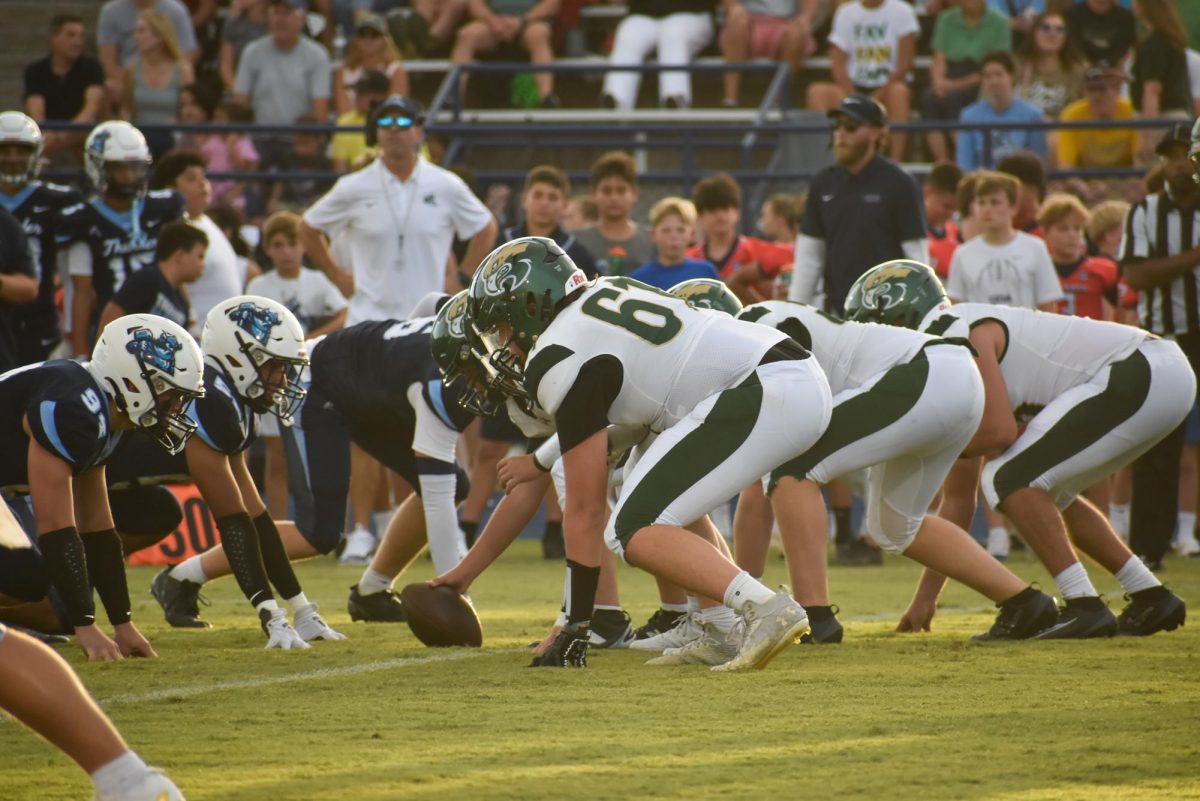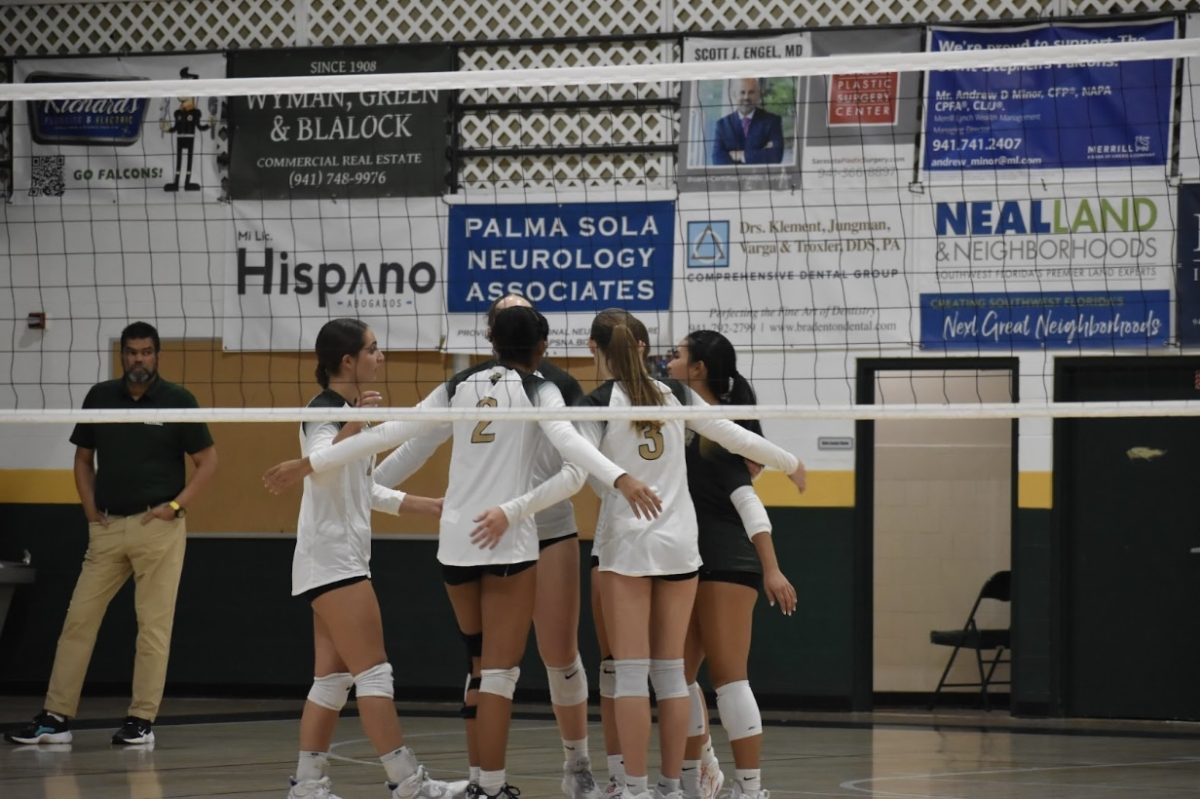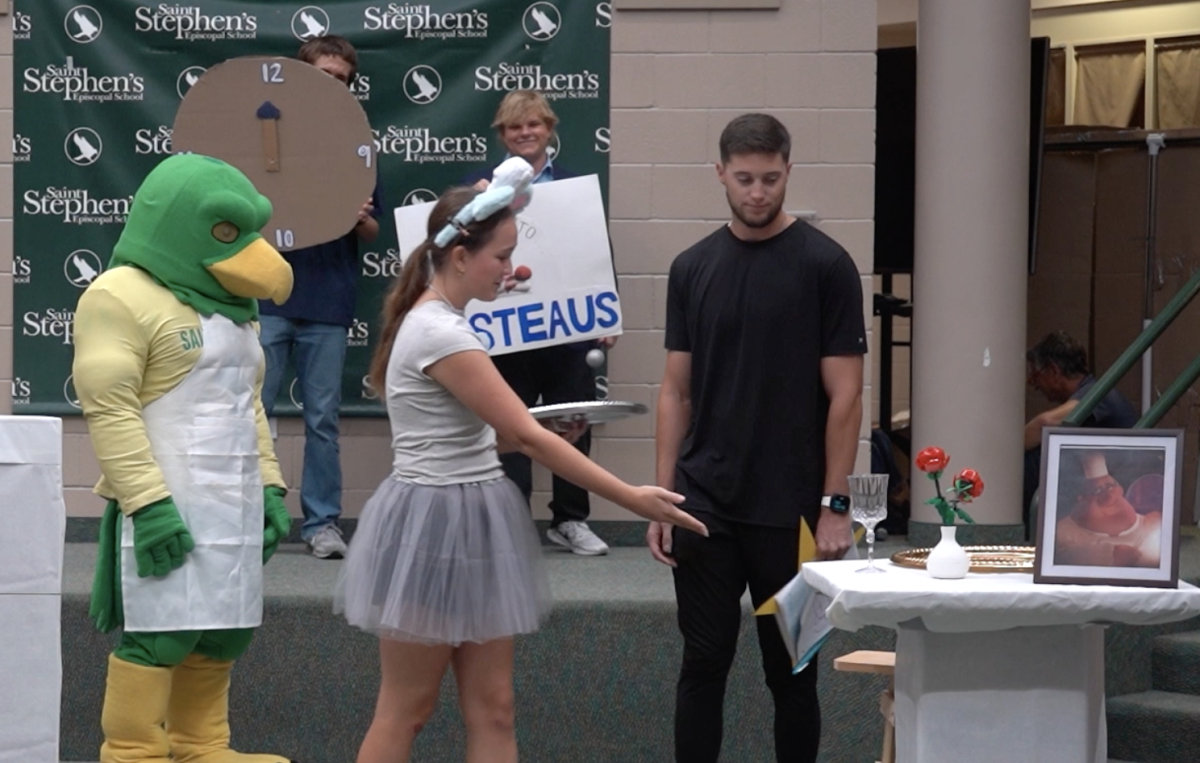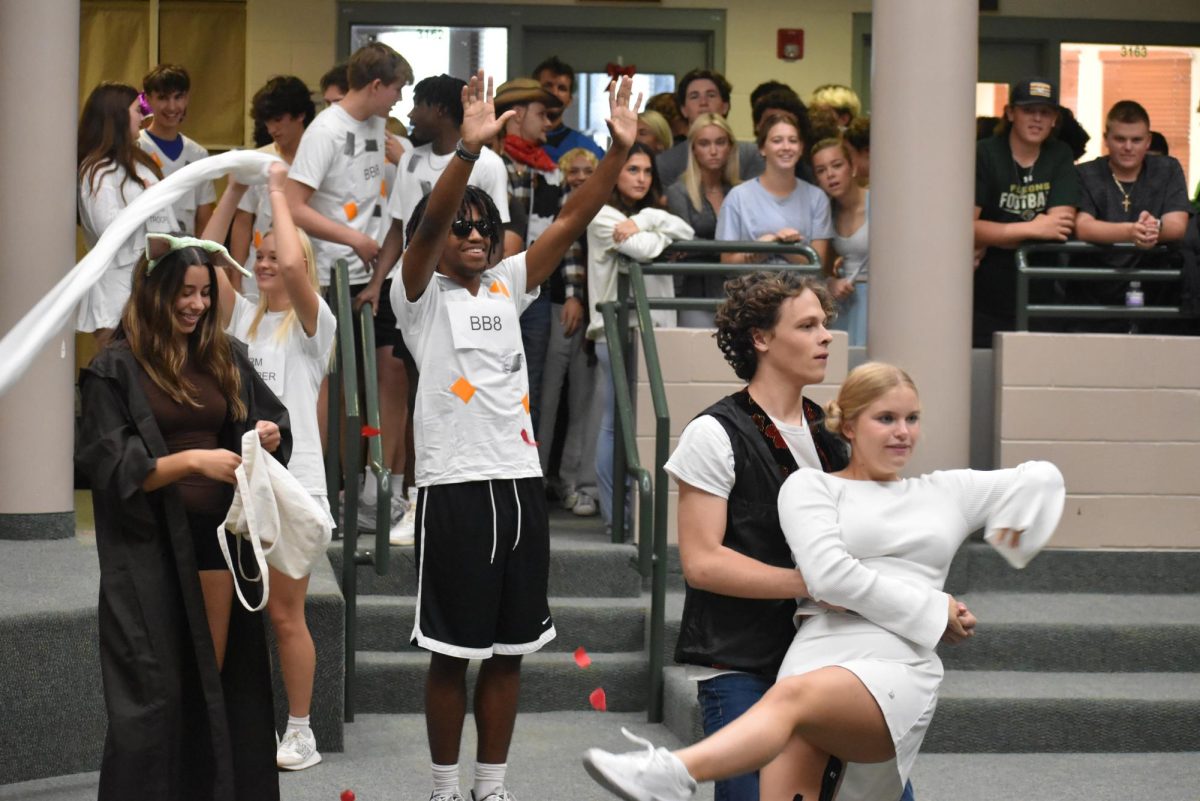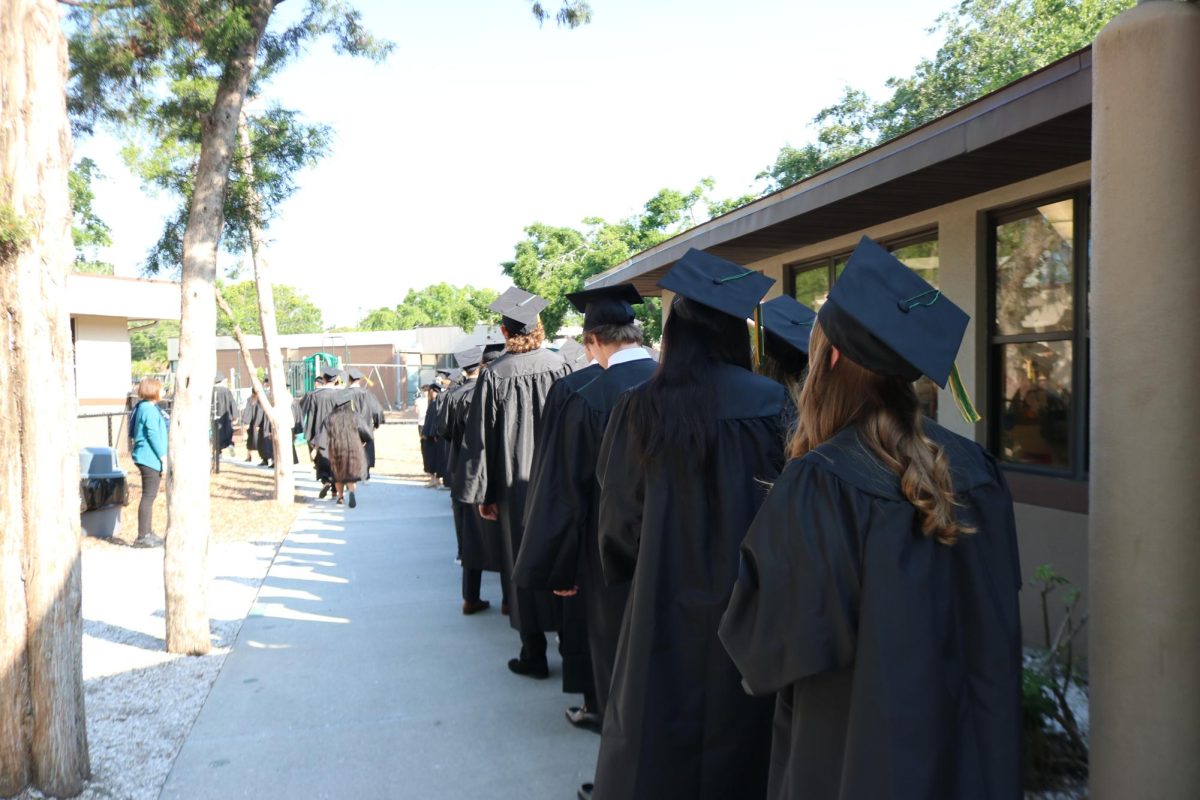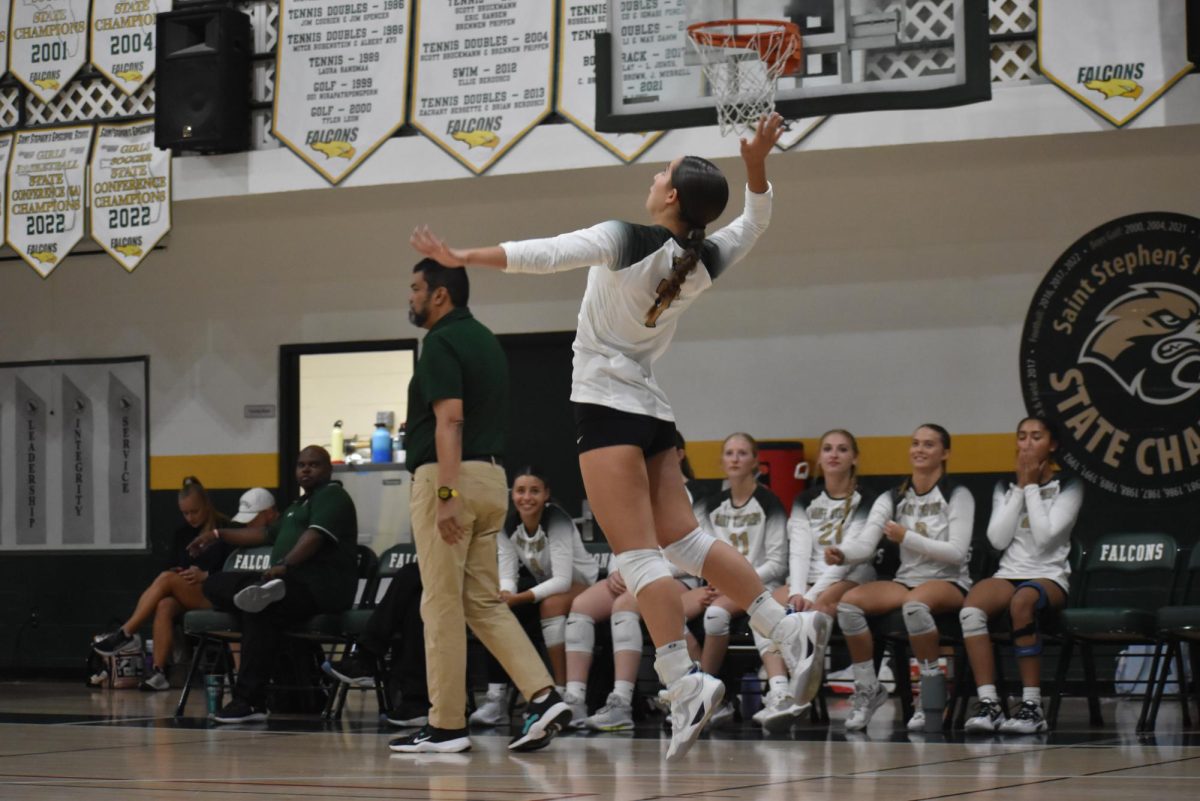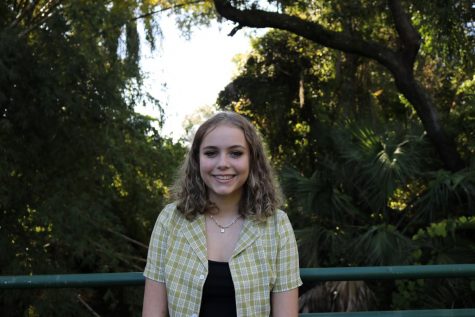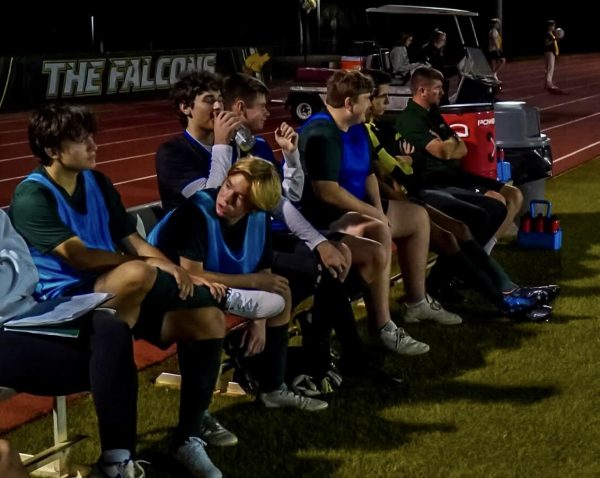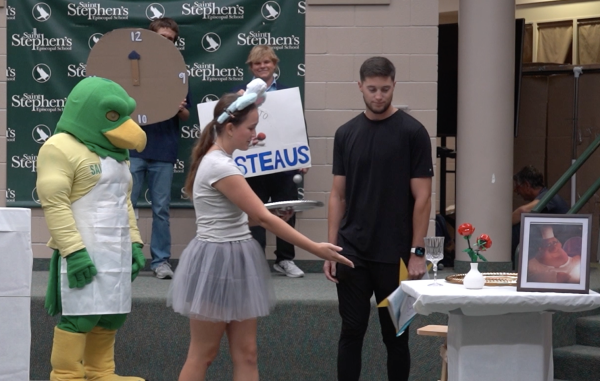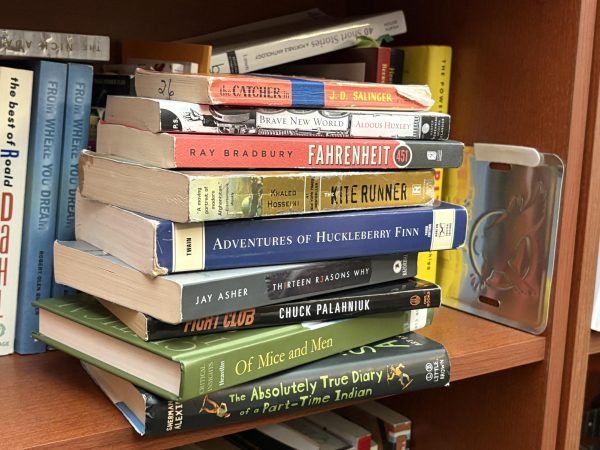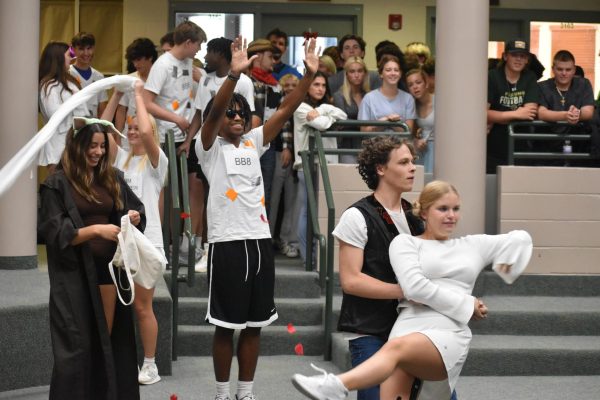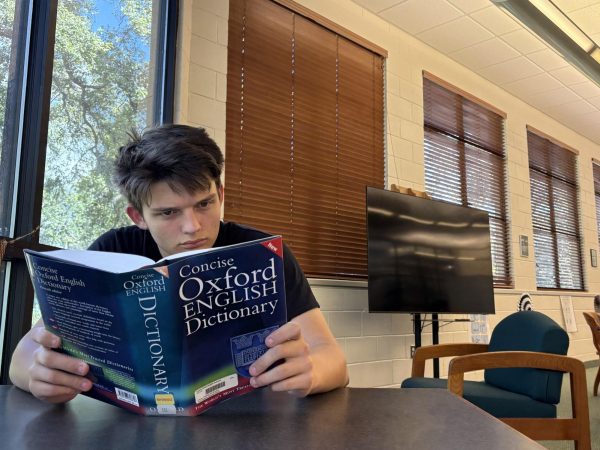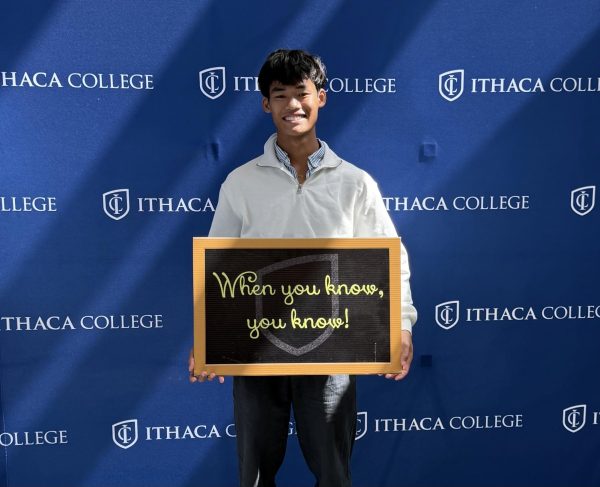Can we censor our own history?
Texas’ critical race theory bill has brought some underlying concerns regarding discrimination and censorship to the surface. Is Florida next?
October 26, 2021
There’s a town in Texas where the Holocaust has two sides.
The town at the center of the controversy, Southlake, has been in the headlines a lot lately. Earlier in October, a teacher in the Carroll Independent School District (located in Southlake) was admonished for keeping a book in her classroom that preached anti-racism. Why did this happen? Well, as backwards as this may sound, in Texas this teacher’s action was actually illegal.
As of September 1st, according to Kera News for North Texas, more than 650 state laws that together encompass one bill went into effect in Texas. The gist? Banning critical race theory in the classroom, and providing a set list of texts that can be taught in reference to American history. Another caveat of this so-called critical race bill was that for every issue a teacher presents, they must offer differing perspectives on said issue.
That last aspect of the bill is what this aforementioned teacher came under fire for. Following the reprimand, teachers were naturally curious about what they could do to avoid getting in trouble. If one teacher had faced backlash for not presenting both sides of the issue of racism because she had a book about anti-racism, what were the teachers supposed to do, have books on-hand advocating in favor of racism as well as in opposition to it? This situation naturally bred confusion, so teachers reached out to the school board for answers.
In response, the executive director of curriculum and instruction of the Carroll Independent School District advised educators to do the following: “Just try to remember the concepts of [the bill], and make sure that if you have a book on the holocaust, that you have one that has an opposing, that has other perspectives.”
That is, obviously, a disturbing sentiment.
Then, according to NBC, on October 18th the district hosted a heated school board meeting that included deeply emotional testimonial from a former student about the antisemitism he’d experienced in Southlake. Jake Berman, the student in question, revealed that the antisemitic bullying he faced in the Carroll School District was so severe he’d contemplated suicide.
But problems like this aren’t new in Southlake. It’s had plenty of controversy before. One Saint Stephen’s student, senior Janaki Menon, knows that better than anyone else.
Menon formerly lived in the Southlake Carroll School District, which she was a student of for six years. As a woman of color, Menon was forced to deal with some of the worst that SLC had to offer. When The Gauntlet asked Menon to share some of her experiences there, she told the following story.
“One time when I was in class, I heard a student say ‘If this were 100 years ago I would have owned you,’ directly to a black substitute teacher. I went to my school counselor, but they did nothing to discipline the boy. On that very same day, a group of the boy’s friends asked me if my father was a terrorist. I went back to the counselor, and once again, they did nothing.”
Clearly, Southlake has a long way to go before it reaches an acceptable degree of inclusivity. Unfortunately, though, attitudes only seem to be getting worse.
With the example of the Holocaust aside, which many are chalking up to nothing more than a hasty remark made under stress, the recent legislative approach itself is cause for concern.
The critical race bill does more than just force teachers to remove books from their classrooms; it actually allows the government to edit American history. Under this new legislation, teachers are only allowed to teach about American history using a curated list of various laws, books, and other historic documents. What they are allowed to teach about, though, is not the core issue. It’s what they can’t show their students that is cause for concern.
The things that Texas educators cannot teach about include but are not limited to sources referencing the following (as they are conspicuously exempt from this document): the Fugitive Slave Acts, the Indian Removal Act, Thomas Jefferson’s writing advocating for the separation of church and state, the history of white supremacy, the horrors of the Klu Klux Klan, and much of the civil and women’s rights movements.
Notice any patterns?
Texas has effectively erased all traces of American wrong-doing. In the same law, Texas has simultaneously forced teachers to teach “both sides” of all issues while limiting the sources they can use to do so. How is it that the same legislation that banned an anti-racism book for being too one-sided also effectively bars teachers from teaching about racism at all? Isn’t that a little one-sided itself?
Southlake may be one example of the current issues going on in Texas, but it certainly isn’t the only one. Censorship is always an issue, and it’s one that should not be legally sanctioned. That being said, Florida may be next to enact a similar bill that would restrict what children are allowed to be taught about their country’s own history. In fact, Florida has already banned teachers from discussing critical race theory, and a bill is currently being put before the Florida Legislature proposing more drastic censorship. Is this really the best way for America to handle its own history?


